We are attracted to someone for many different reasons, some of them conscious, some unconscious, and these unconscious reasons are interesting, to say the least.
Some of the conscious reasons have to do with how the person looks, how they act, the sound of their voice, the sensation of their touch, and other sensory cues. These are things we can identify and recognize; they are obvious and self-evident.
Yet lying below the surface of our conscious awareness are subtle, less apparent factors that contribute to the degree of attractiveness we find in others.
These factors relate to unspoken, even unknown wishes and desires for what we might be able to experience with this person. They involve the agenda of the heart and they often are very distinct from the desires of the mind. Such an agenda can include the hopes of fulfillment, the healing of buried wounds, or a realization of our deepest life potential.
There are also other factors that make a person attractive to us, which have to do with what we sense we can experience with them, and how to think they can enhance the quality of our life. We may feel that they have the capacity to bring more healing, passion, peace, exuberance, ease, fulfillment, or joy into our life.
The vast majority of us come into adulthood with some degree of unhealed childhood wounds, damage to our sense of self, and diminished self-esteem, self-worth, and self-trust. Consequently, we don’t experience ourselves as being complete, or sufficient.
Related: Signs Someone Is Attracted To You, Based On Their Zodiac Sign
Often, what makes certain people particularly attractive to us is that when we are really with them we experience ourselves as being more whole. In the process of being in the relationship, we may come to identify the places in ourselves where we feel fragmented and begin to heal those places that are in need of our attention. The healing process involves a willingness on our part to bring an accepting, loving awareness to places in ourselves that are in need of care and compassion and to be open to accepting the same from others.
When the level of trust in our relationship has sufficiently deepened, past-unacknowledged wounds will naturally arise into awareness. In the presence of a trusted partner, that which has previously been unbearable can be borne. What had been repressed and denied can be exposed to the light of conscious awareness. It is this exposure and the compassion and acceptance of a loving presence that can transform pain into love.
There is a wide range of experiences that can wound our sense of self.
Living in a family where all the interactions are superficial and shallow can cause a wound that may limit the capacity for meaningful connections with others. Physical, emotional, or sexual abuse, neglect, rejection, extreme punishment, humiliation, ridicule, and abandonment can also be the source of unhealed wounds. Growing up inevitably entails the process of going through ordeals, struggles, challenges, and difficulties. Some circumstances are extreme in regard to the degree of violence, suffering, and terror such as those that occur in times of war, or when caregivers are severely mentally disabled.
When there is a failure to provide supportive, loving attention during a time of trauma, pain becomes internalized as an ongoing unhealed wound. The repair of these inner wounds can only come about through loving attention and unconditional acceptance from another.
The process, however, also reactivates the pain of abuse, neglect, or unfulfilled needs from the past that continue to go unmet in the present. Consequently, there needs to be a willingness to reawaken the pain of the original experiences, which may have been buried in an effort to forget them. But until the pain is re-exposed to the light of compassion, healing cannot occur.
Many people have experienced an extreme degree of trauma and emotional injury in their early lives. In some cases, they felt that they didn’t belong or didn’t want to belong to their original family. In their inability to either change or successfully adapt to their situation, they rejected their world in an effort to create a more tolerable reality. Such a survival strategy requires courage and resourcefulness since it involves a willingness to risk ties with others that have been based upon unhealthy family values.
Want to know more about the reasons we are attracted to someone? Check out this video out below!
A strong, compassionate, and loving relationship can provide the support necessary to break old dysfunctional family patterns and promote the healing process. Ironically, it is those who have qualities or tendencies most like the caregivers with whom we experienced the greatest degree of difficulty that we find most attractive. This isn’t because we are gluttons for punishment, but rather because they are the ones with whom we can most effectively access our past experiences and feelings that require our attention.
Few of us enter into relationships with the conscious intention of recovering from emotional wounds or even an awareness of the specific nature of the wounds themselves.
Yet in a loving, accepting, and trusting relationship there is a natural tendency to bring out all that has previously been withheld and denied. The feeling of safety and compassion that is present in the relationship compels the emergence of that which requires care. The depth of the desire to experience wholeness allows us to confront the circumstances we found ourselves in as children and young adults.
This desire is often driven by a determination to free ourselves from the constraints of an inner world that limited our ability to live life fully, with authenticity, integrity, and passion. It is this mutual support that a partnership of two healed people can provide for one another that enables us to finally break free from chains of the past.
The process is not one-sided. Even though it can at times appear that one partner is the “patient” in need of care and the other is the “provider”, this is generally not the case. In reality, in most situations, both partners are in need of healing and making efforts in different ways to recover their own wholeness. We tend to be more attracted to those with whom we experience “matching wounds”, that is, those with whom we can most effectively contact the buried or denied the pain that we need to access.
Related: 12 Ways Body Language Reveals Someone Is Attracted To You
This process can be difficult and often more prolonged than we think it should be, It’s generally not a decision that is made intentionally or even consciously. It is rather a state of being that couples open to when they feel trusting of their partner and supported by them. There is at these times, an intuitive awareness that restoration of wholeness is possible with this person. That recognition is the incentive to overcome the resistance that is natural to experience when one stands in the face of painful and fearsome experiences.
It’s not surprising that so many people choose lives of “quiet desperation” rather than face their demons. Overcoming the natural, understandable resistance to this process requires courage, strength, commitment, and perhaps most importantly, the support of a partner who is willing to go the distance, even when it can feel like the stakes are one’s very survival.
In every case, the road is paved with surprises, failures, and victories. In the process of embodying this commitment, these qualities and others become strengthened to an extent that we are no longer the same people who began the journey. Both partners ultimately become more autonomous as individuals, and more intimately bonded as a couple. The path can be daunting, but the rewards are profound. This is the work that relationships require and it is truly a labor of love.
We’re giving away 3 e-books absolutely free of charge. The Ten Biggest Things We’ve Learned Since We Got Married, Your Guide to Great Sex, and An End to Arguing.
Written by Linda & Charlie Bloom
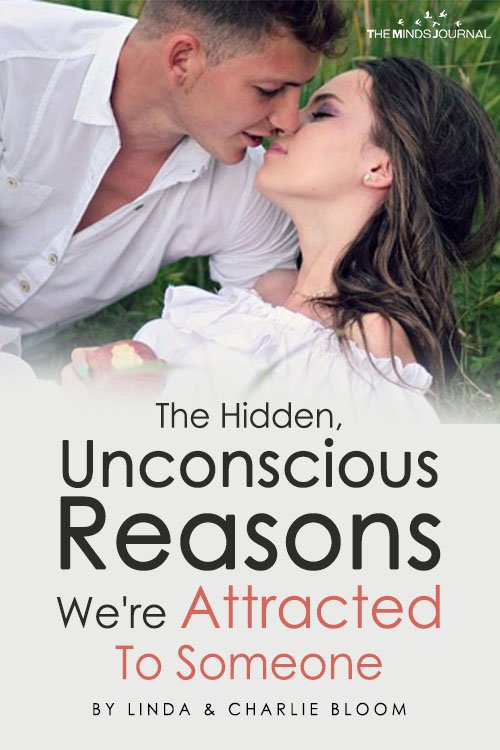
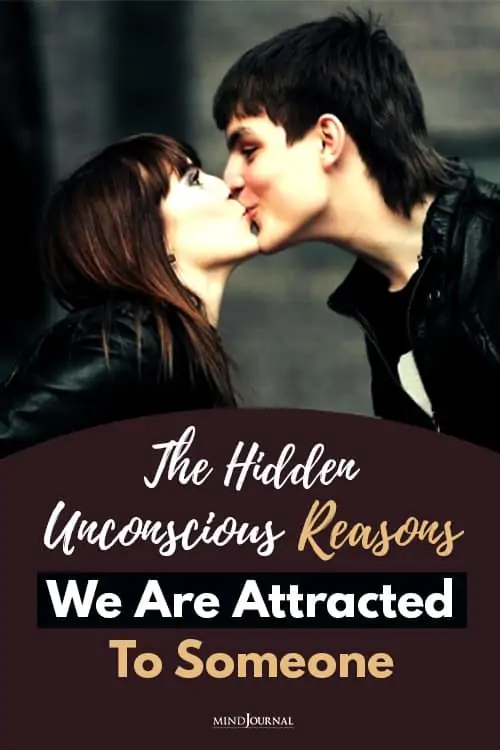
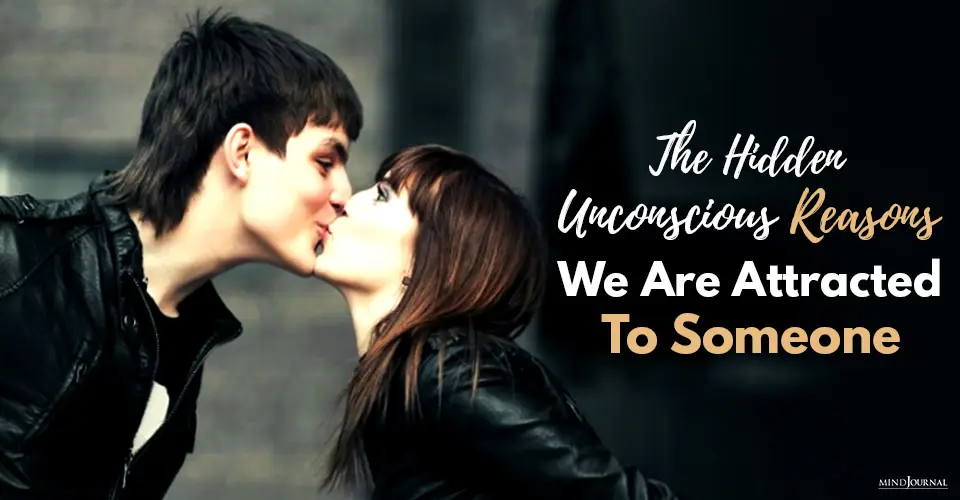
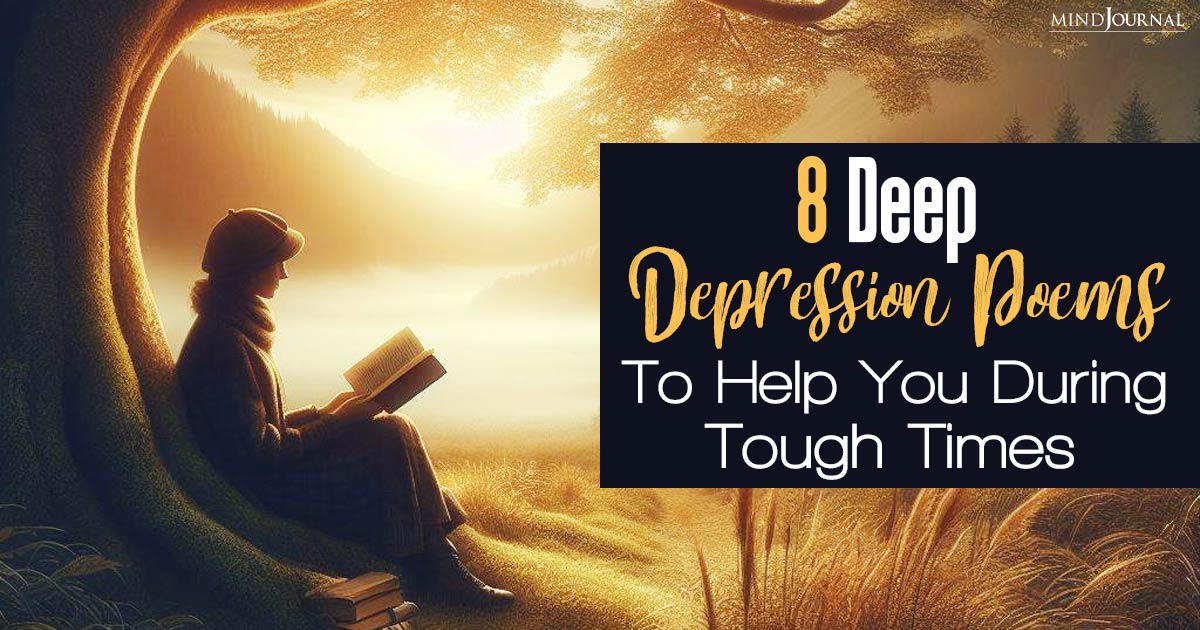

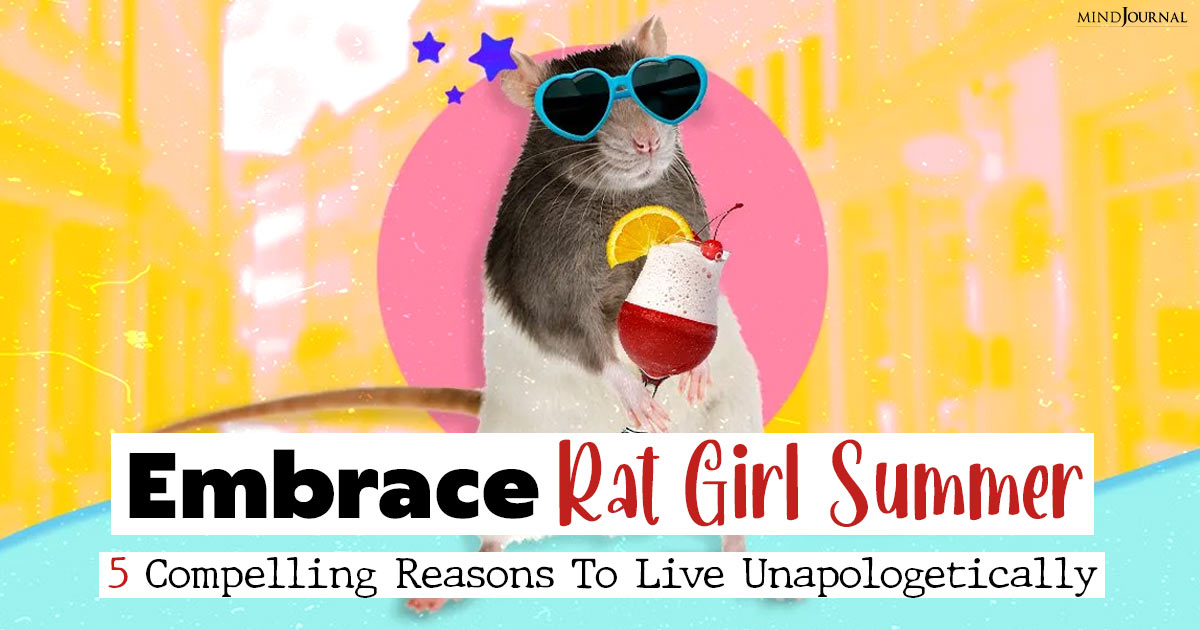

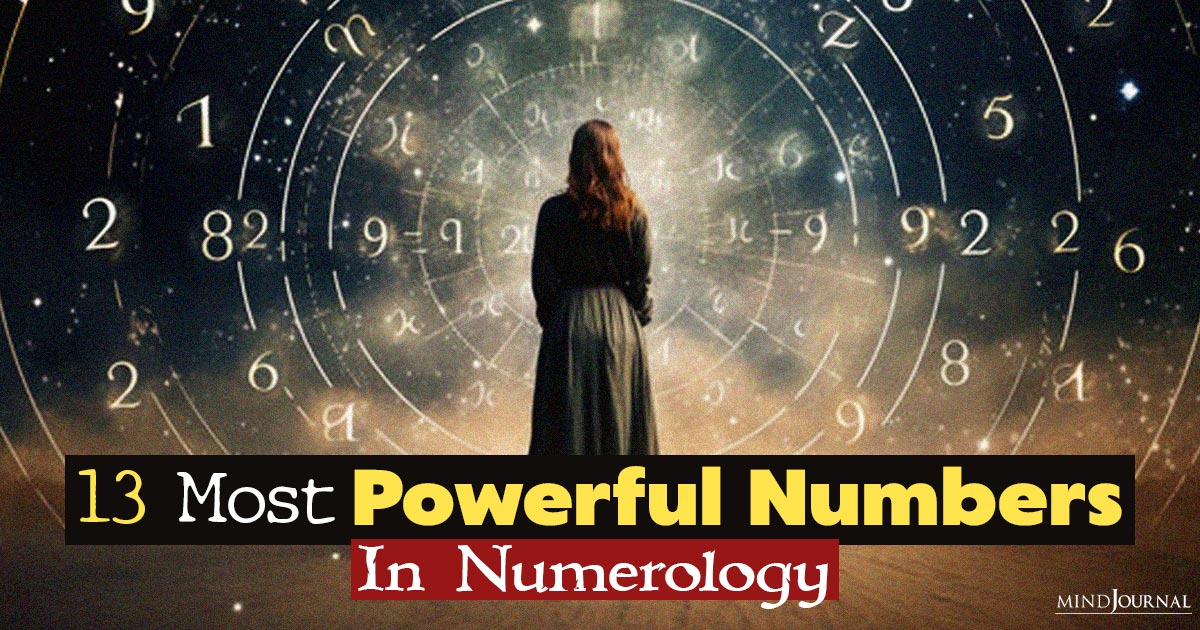
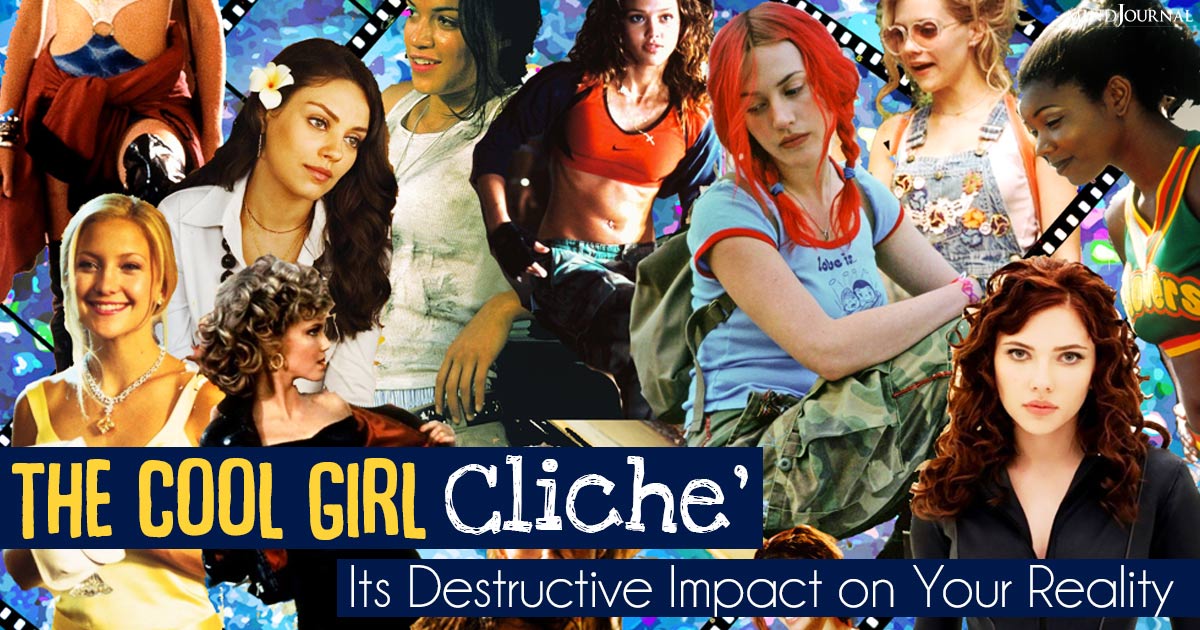
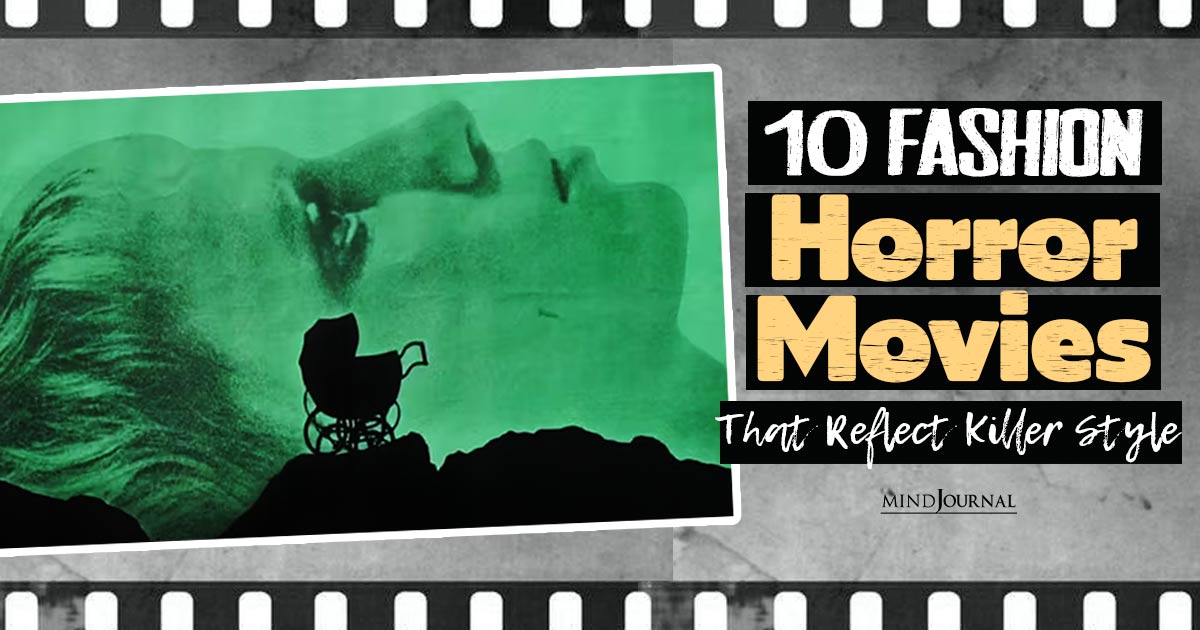
Leave a Reply
You must be logged in to post a comment.